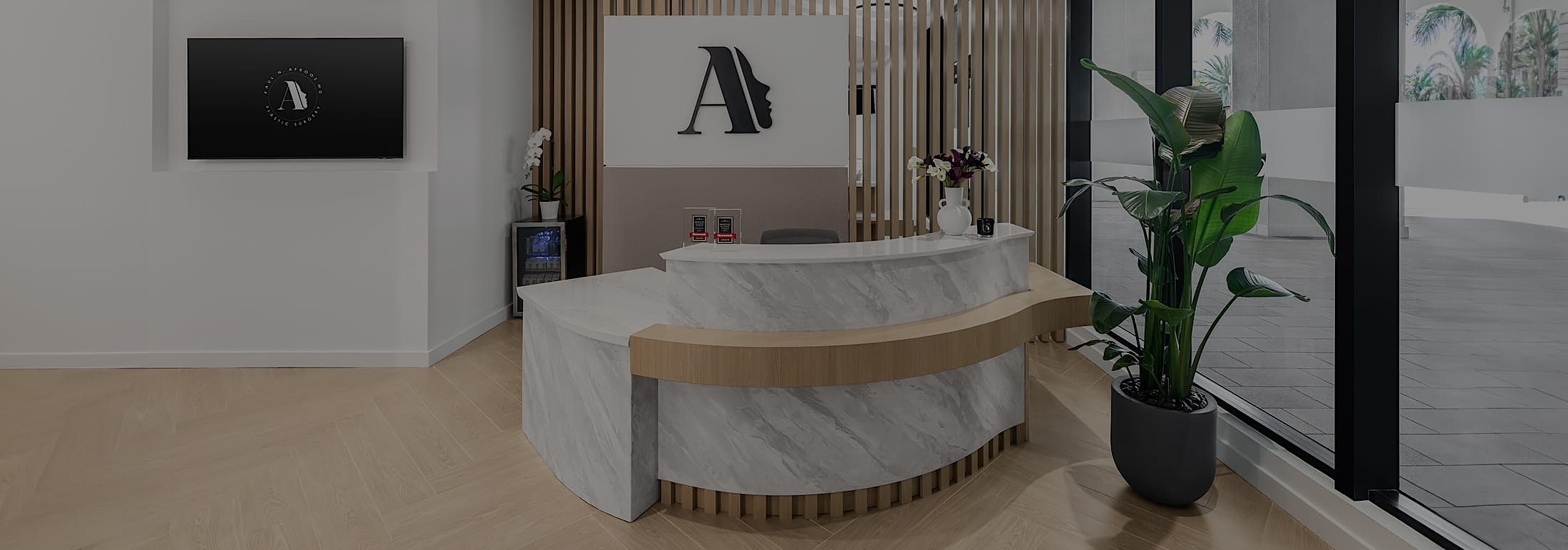How long is the recovery period?
Many patients wonder how long it will take to recover after rhinoplasty. Healing times will vary from person to person, but the initial recovery period usually takes between two to six weeks. The desired results of rhinoplasty will become apparent after a few months, even up to a year.
What should I expect during the first two weeks?
Immediately after rhinoplasty, you will have an external splint to protect and stabilize your nose, and packing inside each nostril. You will also experience swelling of the nose and bruising around the eyes and face. Use a cold compress to help reduce puffiness and pain, and keep your head elevated above your chest. You will also be given medication to alleviate the pain and prevent infection.
At some time during the first week, Dr. Afrooz will remove your splints. You will see some swelling and bruising, but this typically goes away within the second week.
What happens after two weeks?
After about two weeks following the procedure, most of the swelling and bruising will have subsided, and you should be able to return to simple, everyday activities. Although you may be cleared for basic activities, such as shopping, work, or social gatherings, you must avoid any strenuous physical activity, such as heavy lifting, pushing or pulling, physically demanding work, and any sports, especially contact sports, as this may affect the healing and shaping of your nose.
What happens after a month and beyond?
After a month, you will steadily recover. You may still have minor swelling, which will slowly disappear after a few months. During these months, you can slowly increase your physical activity, but avoid any extreme physical activity or sports until Dr. Afrooz clears you.
After six months, most of the swelling will have subsided, and your nose will gradually appear closer to the desired outcome. Between six to 12 months, the ultimate results should be apparent.
What should I do during the recovery period?
There are several things that you can do to help the recovery:
- In the first week, keep your splints, bandages and packing dry. Consider taking baths instead of showers. Use a wet cloth to clean your face around the bandaged area.
- Sleep in a reclined position, with your head elevated above your chest. Avoid sleeping on your stomach.
- Avoid wearing glasses or anything that usually rests on your nose. Avoid touching, scratching, or picking your nose.
- Eat healthy foods and drink plenty of water. This will support your immune system and supply your body with the proper nutrients to facilitate its healing process.
- Avoid smoking. It can hamper the healing process.
- Avoid strenuous physical activity, especially heavy lifting, pushing and pulling. Avoid sports, especially swimming, and contact sports.
- Keep regular follow-up appointments with Dr. Afrooz. He will prescribe medications to alleviate pain and avoid infection. Also, he will be able to assess and monitor your progress. During these appointments, you should bring up any questions, issues or concerns with him regarding your recovery.


